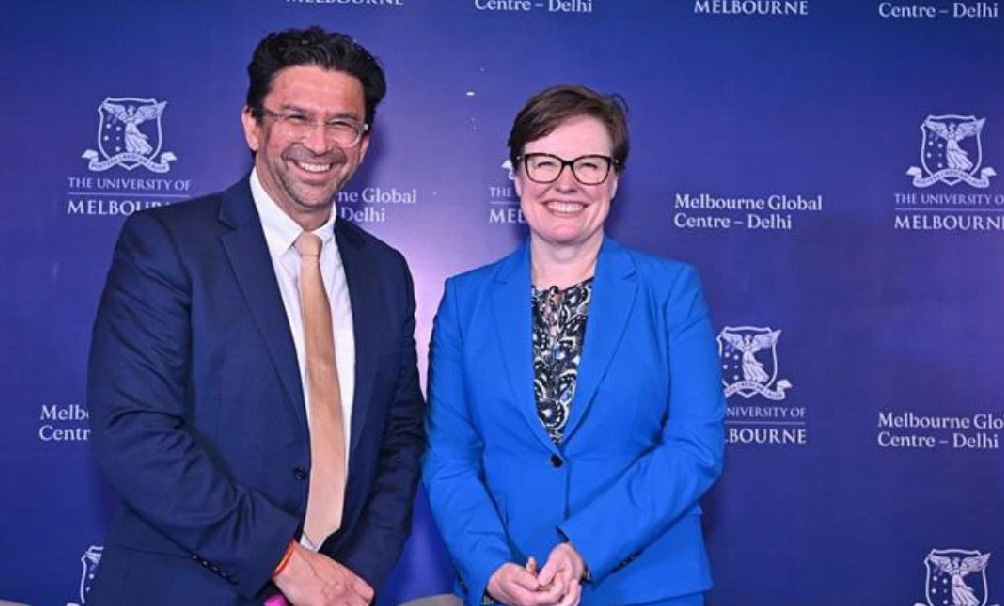PwC conducted a survey of more than 1,500 employees across the Middle East, in which three quarters (75 per cent) of respondents in Kuwait and 60 per cent in Qatar said their country had a shortage of people with specialised skills
A new report from PwC has pointed out that the countries in the Gulf, which have always been considered top destinations for expatriates looking for greener pastures, have started facing high shortages of skilled workers, reported zawya.com.
PwC conducted a survey of more than 1,500 employees across the Middle East, in which three quarters (75 per cent) of respondents in Kuwait and 60 per cent in Qatar said their country had a shortage of people with specialised skills.
In Saudi Arabia, the majority (58 per cent) of respondents acknowledged that there was a skilled labour shortage in the kingdom, while 46 per cent in the UAE said the same thing.
Workers who have specialized skills are often more sought after compared to their peers that have only general skills. A shortage means there are less skilled candidates applying for roles than vacancies.
With the shortage, employers in the region are recognising the importance of retaining staff with skills. In PwC’s survey, 38 per cent of respondents across the Middle East, slightly more than the global average, said their companies had increased salaries as a retention strategy to retain skilled talent. “This may reflect the increasing tendency of employers, especially in Saudi Arabia and the UAE, to raise salaries rather than hire scarce and therefore expensive foreign talent to address skills and labour shortages,” PwC said in its report.
The proportion of workers likely to quit their jobs in the region was higher than the global average of 19 per cent. Gen Z and millennials in the Middle East were the ones that are more likely to quit
Businesses are also taking other steps to address the shortage, with nearly half (47 percent) of respondents saying that their companies are upskilling their staff, supporting workers with physical and mental well-being (33 per cent) and automating and/ or enhancing work via technology (32 per cent).
Besides skills shortage, organisations in the region also need to address staff turnover. About a third (30 per cent) of workers in the region said they were extremely or very likely to look for a new job in the next year.
The proportion of workers likely to quit their jobs in the region was higher than the global average of 19 per cent. Gen Z and millennials in the Middle East were the ones that are more likely to quit.
******************************************************
Readers
These are extraordinary times. All of us have to rely on high-impact, trustworthy journalism. And this is especially true of the Indian Diaspora. Members of the Indian community overseas cannot be fed with inaccurate news.
Pravasi Samwad is a venture that has no shareholders. It is the result of an impassioned initiative of a handful of Indian journalists spread around the world. We have taken the small step forward with the pledge to provide news with accuracy, free from political and commercial influence. Our aim is to keep you, our readers, informed about developments at ‘home’ and across the world that affect you.
Please help us to keep our journalism independent and free.
In these difficult times, to run a news website requires finances. While every contribution, big or small, will makes a difference, we request our readers to put us in touch with advertisers worldwide. It will be a great help.
For more information: pravasisamwad00@gmail.com











